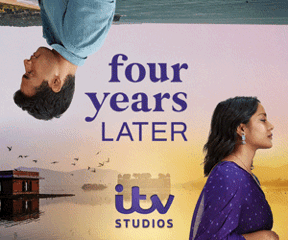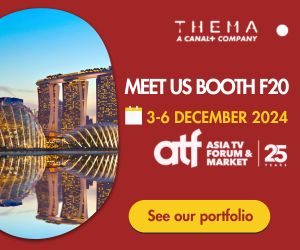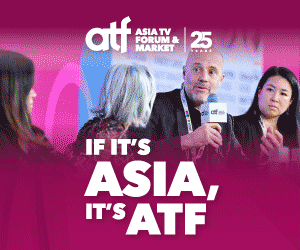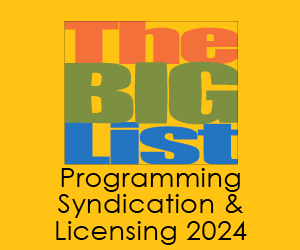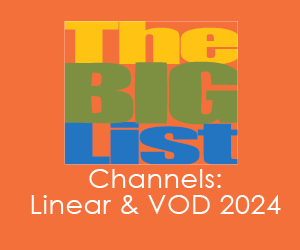
Has the importance of the in-depth half-hour interview show format diminished? “It has become more important. Fewer and fewer people do it and one of the reasons fewer people do it is that politicians agree to it less and less. Politicians have social media as a way to reach their public so they are not as reliant on journalists as they used to be. It’s harder to get the interviews. But when we get them, this is one of the few occasions we can hold them to account, ask them the questions that matter on behalf of the public who can’t do it themselves.”
Why do you think politicians agree to come on hard-hitting political shows at all? “Politicians like to take you on. Some respond well to a tough interview. In some cases it brings out the best in them... don’t ever under estimate the value of having a chance to talk about yourself for 25 minutes. That’s very appealing to some politicians.”
What’s important to you in an interview? “I think what’s important on behalf of the public that you serve is to put the evidence of wrong doing, change of mind, loss of control or broken promises in front of the people responsible and have them answer the case, those charges, in front of the public... A lot of the people I’ve interviewed should have been in front of a court of law or a war crimes tribunal. That isn’t going to happen, so the best you can do is to put them in front of a television camera and put the evidence in front of them. I’m not saying they are all crooks and criminals. They are not. But they are people who are responsible in large part for some of the world’s great problems that we see at the moment, and there should be a forum where they answer to the public for what they’ve done, for better or worse. I hope that we can provide that kind of forum. It’s not just a television show. It’s a public service in a free society.”
How would you like Conflict Zone to be known? “As an accountability show, holding politicians to account. Holding people to account for what they’ve done, their opinions, their track record and what they plan to do in future. That’s t...
Has the importance of the in-depth half-hour interview show format diminished? “It has become more important. Fewer and fewer people do it and one of the reasons fewer people do it is that politicians agree to it less and less. Politicians have social media as a way to reach their public so they are not as reliant on journalists as they used to be. It’s harder to get the interviews. But when we get them, this is one of the few occasions we can hold them to account, ask them the questions that matter on behalf of the public who can’t do it themselves.”
Why do you think politicians agree to come on hard-hitting political shows at all? “Politicians like to take you on. Some respond well to a tough interview. In some cases it brings out the best in them... don’t ever under estimate the value of having a chance to talk about yourself for 25 minutes. That’s very appealing to some politicians.”
What’s important to you in an interview? “I think what’s important on behalf of the public that you serve is to put the evidence of wrong doing, change of mind, loss of control or broken promises in front of the people responsible and have them answer the case, those charges, in front of the public... A lot of the people I’ve interviewed should have been in front of a court of law or a war crimes tribunal. That isn’t going to happen, so the best you can do is to put them in front of a television camera and put the evidence in front of them. I’m not saying they are all crooks and criminals. They are not. But they are people who are responsible in large part for some of the world’s great problems that we see at the moment, and there should be a forum where they answer to the public for what they’ve done, for better or worse. I hope that we can provide that kind of forum. It’s not just a television show. It’s a public service in a free society.”
How would you like Conflict Zone to be known? “As an accountability show, holding politicians to account. Holding people to account for what they’ve done, their opinions, their track record and what they plan to do in future. That’s the basis of what political interviews should be in a free society. I don’t think enough of it is done. A weekly programme gives me the opportunity to be more selective about the interviews, rather than have a show that sometimes does that and sometimes has interesting discussions. We want to do a bit more than that. There has to be an accountability element. That’s where Conflict Zone differs”.
You said earlier this year that “the most interesting things are in people’s minds, not on Google”. What led to that? “For years I noticed that researchers go to Google and take what’s there. But there is no substitute for actually talking to people, and preferably face to face. The most interesting things don’t just tumble out of people’s heads. You have to put them in a frame of mind where they want to remember and share what they remember with you... Not everything can be accessed at a click of a mouse. It takes time to get the really valuable things that are in people’s heads. That’s the context.”
Do you use social media to distribute news? “I don’t. I do watch social media to see what’s trending though. It’s a very useful tip-off service.”
Do you think the new/free information environment has made big-brand news more or less relevant? “People get their news from a variety of sources... In times of crisis, they go back to the tried and tested.”
What do you think the biggest news trend will be in the next three to five years? “Tailor-made news”.
This article first appeared in ContentAsia Issue 6, 2015, published in December 2015.













